PLAY Lab
Promoting Lifelong Activity In Youth
- Augusta University
- Centers & Institutes
- IPPH
- PLAY Lab
PLAY Lab
The mission of the PLAY Lab is to Promote Lifelong Activity in Youth by enhancing children’s healthy development through the establishment of motor skills and physical activity.
We focus on research that tests new ways to improve how young children learn motor skills, increase physical activity, and form healthy movement habits to last throughout their lives. Our efforts contribute to the ever-growing body of evidence that helps to inform best practices and policies for parents/legal guardians, childcare providers, pediatricians, educators and elected officials. Our team primarily works with preschool-aged children, their parents/legal guardians, and early childcare centers to conduct a variety of research projects. We invite you to explore our PLAY Lab and meet our tram PLAYers.
Contact Us
PLAY Lab
Director, Dr.Kip Webster
706-721-8305
@KipWebsterPhD
Research and Outreach
The primary goals of the PLAY Lab are to test the efficacy and effectiveness of theoretically-driven interventions to improve young children’s motor skills, physical activity, and related health behaviors in community-based interventions. Currently we are interested in:
- App-based interventions that target motor skills in preschool-age children.
- Measurement of motor skills and examination of psychometric properties of different motor skill assessments.
- School-based interventions that target structured movement opportunities.
- Policies and practices of school that target modifiable health behaviors, like physical activity, motor skills, and screen-time.
- Screen-time influence of early childhood health.
- Examination of health behaviors for an international sample of preschool-age children.
Our Latest Projects
SUNRISE:
The International Surveillance Study of the 24-hour movement behaviors in the early years. Our PLAY Lab is one of several sites around the world, and the primary U.S. site, participating in this study to measure physical activity, sedentary behavior, and sleep in preschool-age children based on the latest World Health Organization Guidelines for children under 5 years old.
Test of Gross Motor Development:
This website is designed to assist teachers and researchers in using the TGMD-3, answering general questions about the assessment, and providing an opportunity to become reliable in coding.
Third EditionRecent Publications
SUNRISE
Motor Competence
Through the Looking Glass: A Systematic Review of Longitudinal Evidence, Providing New Insight for Motor Competence and Health
TGMD-3
Psychometric Properties of a French-Canadian Version of the Test of Gross Motor Development – Third Edition (TGMD-3): A Bifactor Structural Equation Modeling Approach
TGMD-3
SUNRISE
Motor Skill Competency
Our PLAYers
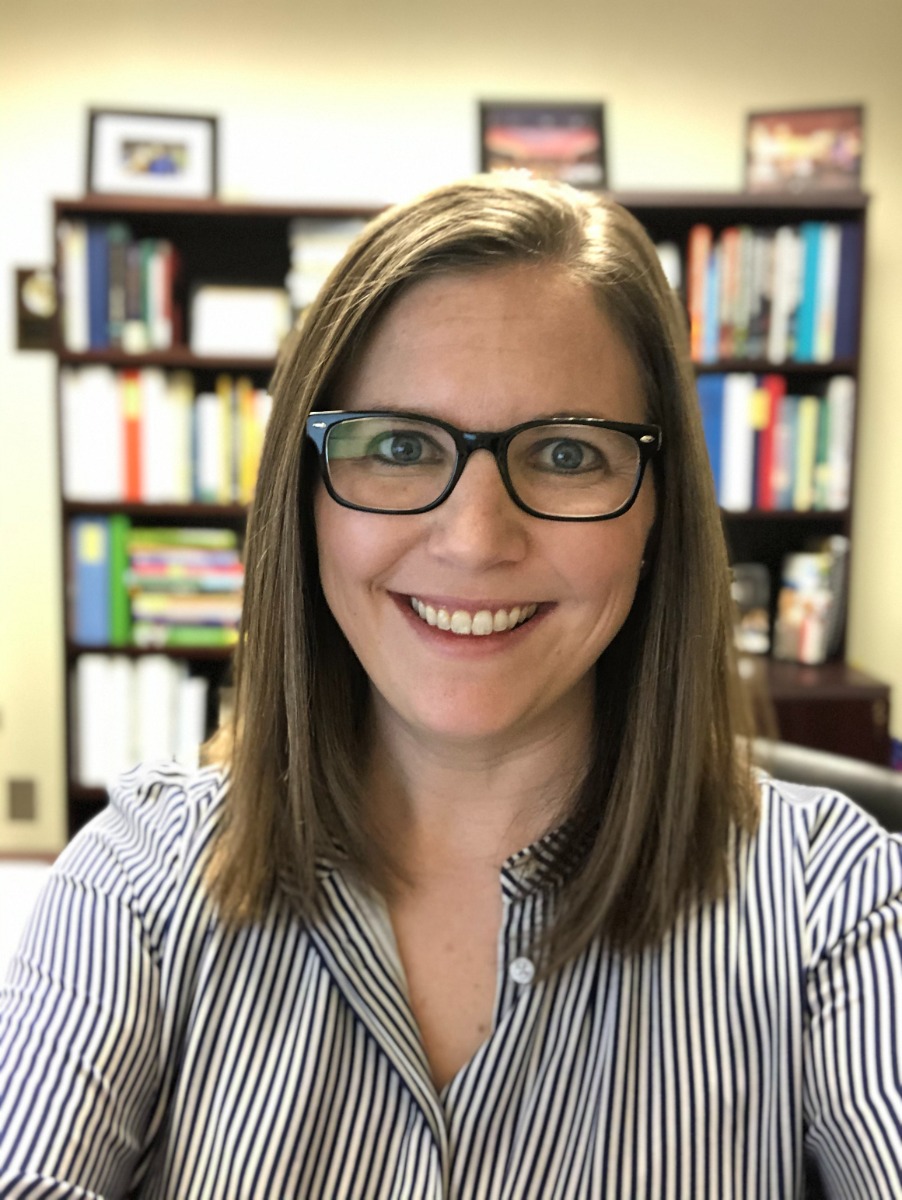
Dr. Webster
Education:
- B.S. in Psychology, Berry College
- M.Ed. in Exercise Science (Specialization in Sport Psychology), Auburn University
- Ph.D. in Exercise Science (Dual-specialization in Motor Behavior and Physical Activity and Health), Auburn University
Research interests:
- Motor skills and physical activity in early childhood as well as related health factors such as childhood obesity, screen-time, and perceptions of competence.
- My work broadly centers on evidence-based interventions to enhance these behaviors, evaluation of assessments in these research areas (and the psychometric properties), and global comparisons of early childhood health variables.
Favorite Thing to PLAY:
- I grew up playing soccer (from around the age of 2 through college at Berry College) as well as karate, running, and tennis. I still really enjoy playing soccer, tennis, and running. I am also a BIG sports fan and enjoy watching football, baseball, golf, and tennis. One of my family’s favorite things is to visit baseball parks.
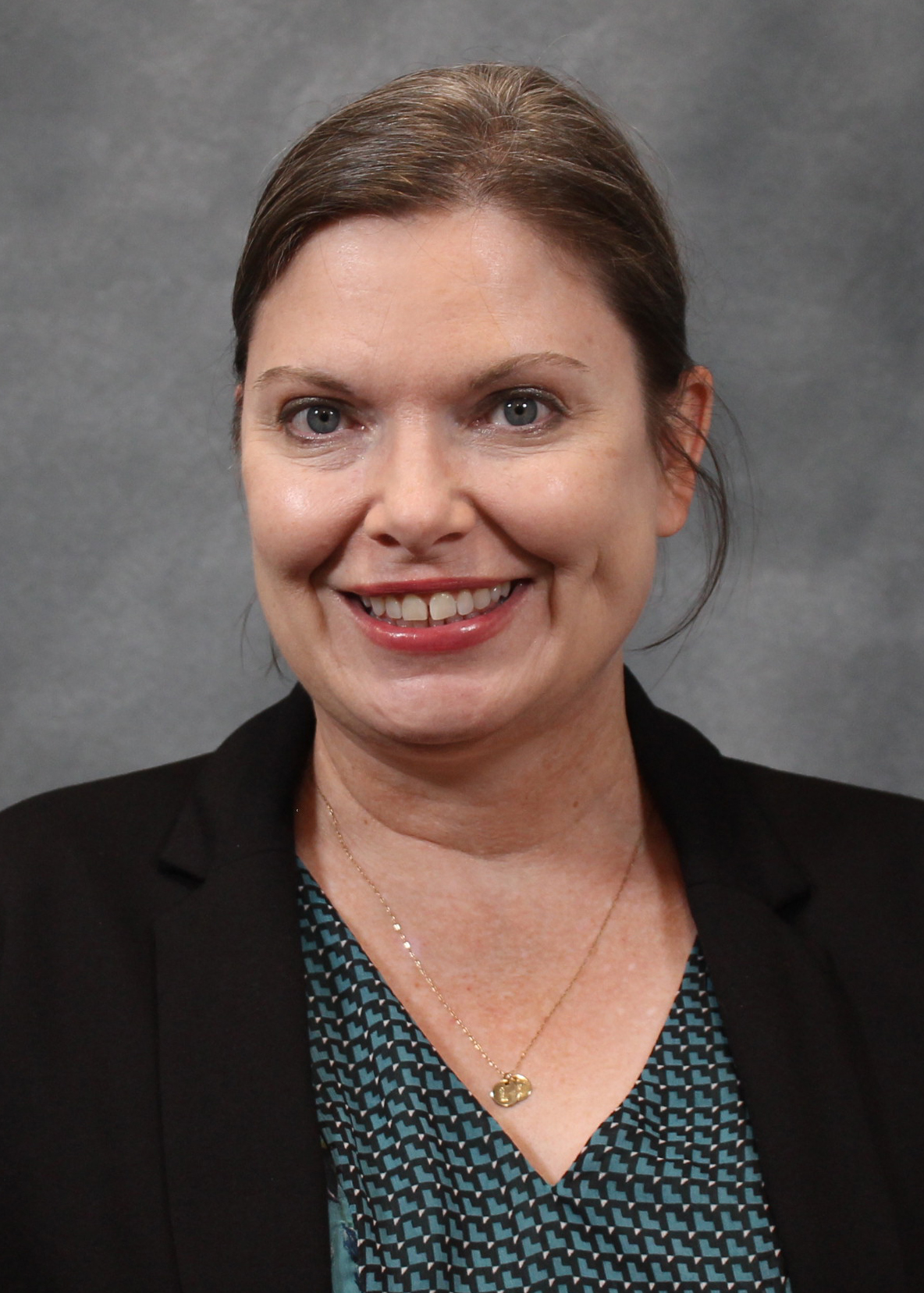
Jennifer Jaremski
Education:
- B.A. in Interdisciplinary Studies (French, Journalism and Humanities), University of Arizona
- MPA, Augusta University
Research Interest:
- Community-level ACEs, PACEs, and violence prevention. Working in the PLAY Lab offers me the opportunity to better understand how movement behaviors have the potential to impact a child’s experience in early childhood beyond just physical wellbeing.
Favorite Thing to PLAY:
- I loved roller skating, hula hoop and jump rope when I was a kid. My favorite things to play now are Zumba and pinball.
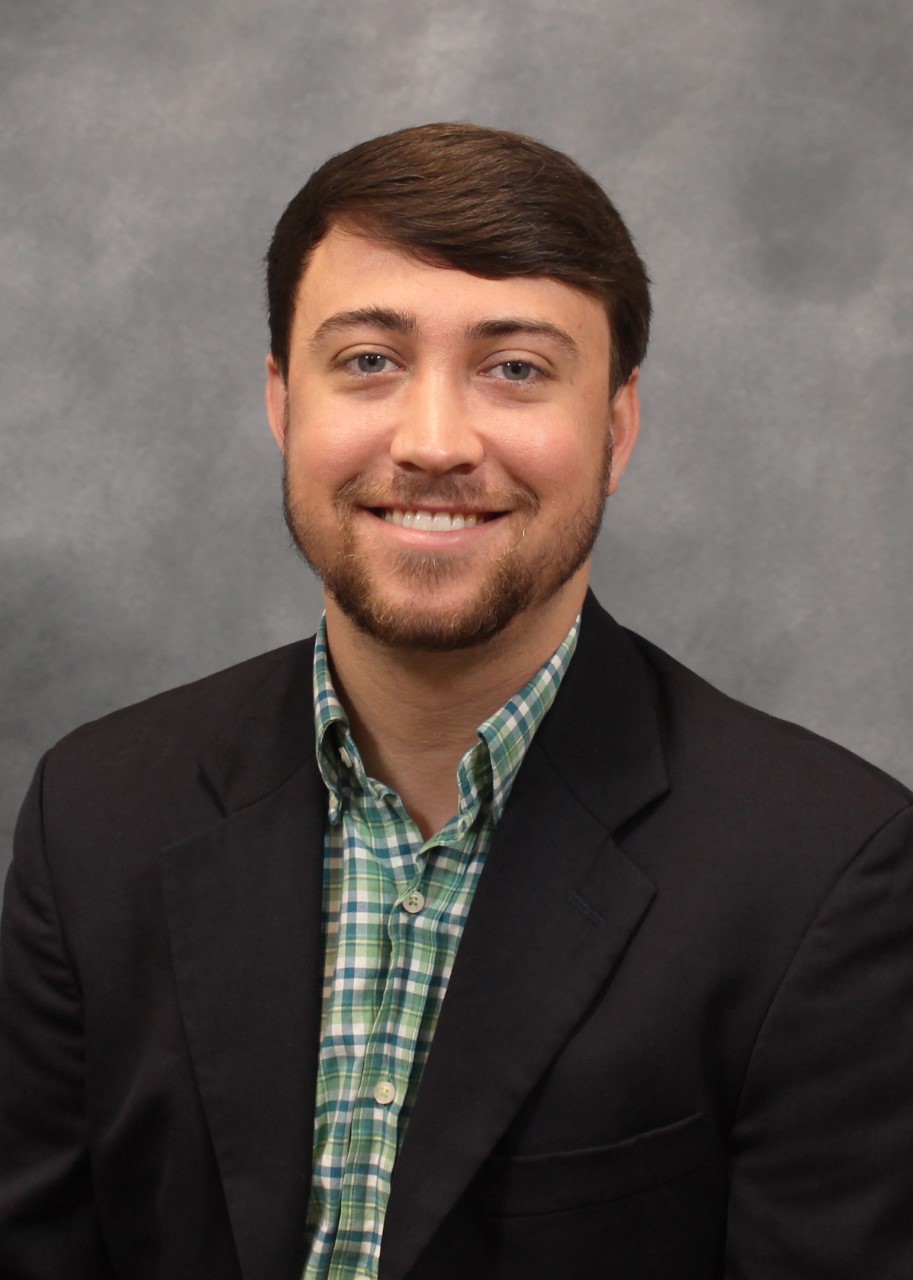
Corbin Lutier
Education:
- B.S. in Exercise Science, University of South Carolina
Research Interest:
- Development of motor skills in young children
Favorite Thing to PLAY:
- My favorite thing to play is baseball. I started playing baseball at the age of three.
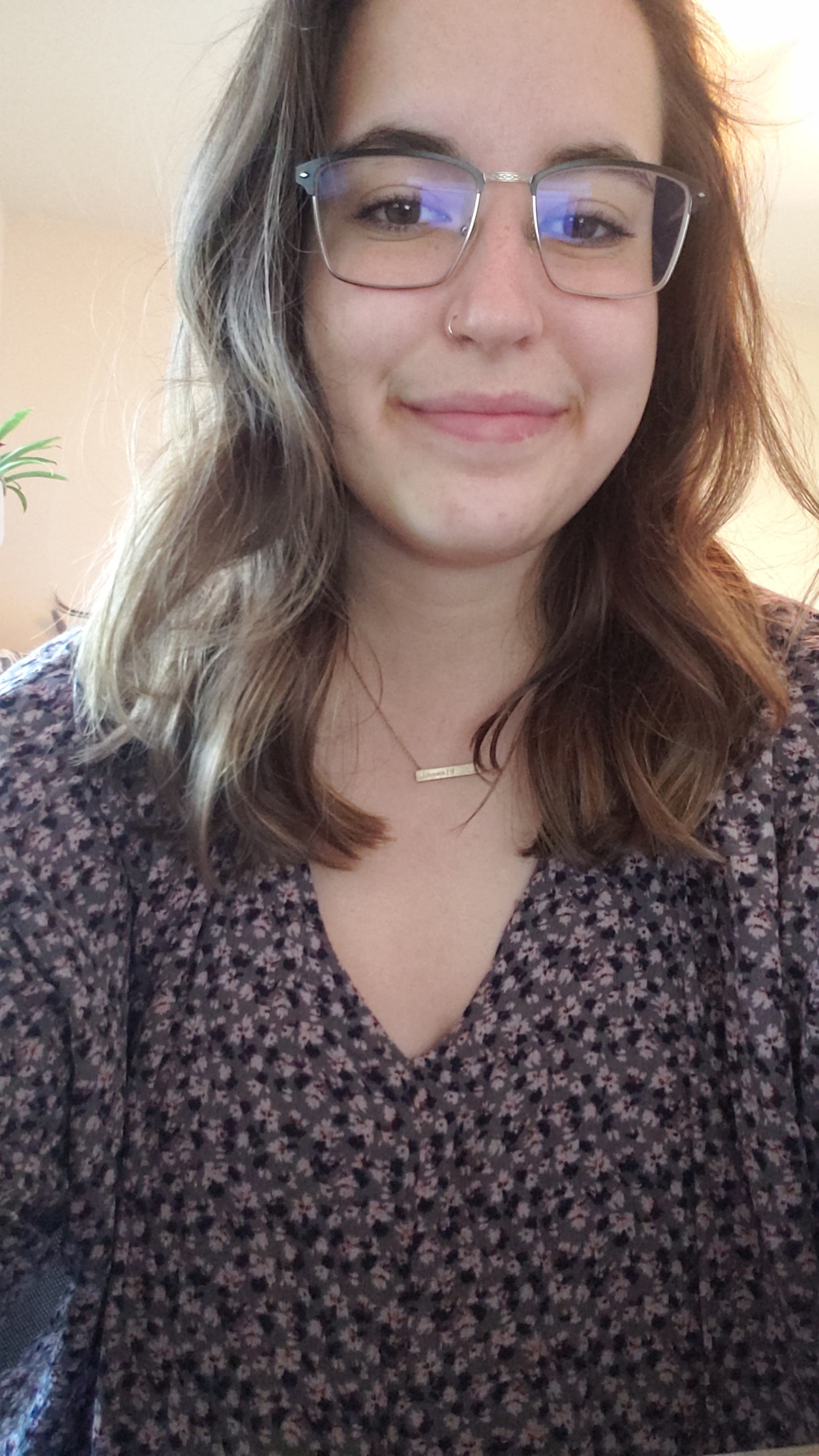
Bethany Johnson
Education:
- B.S. in Psychology, Georgia Southern University
- B.S. in Psychology, Clinical/Counseling, Augusta University (in progress)
Research Interest:
- Non-traditional forms of parenting such as single parents, incarcerated parents, foster parents, etc.
Favorite Thing to PLAY:
- My favorite thing to play is the card game SkipBo.
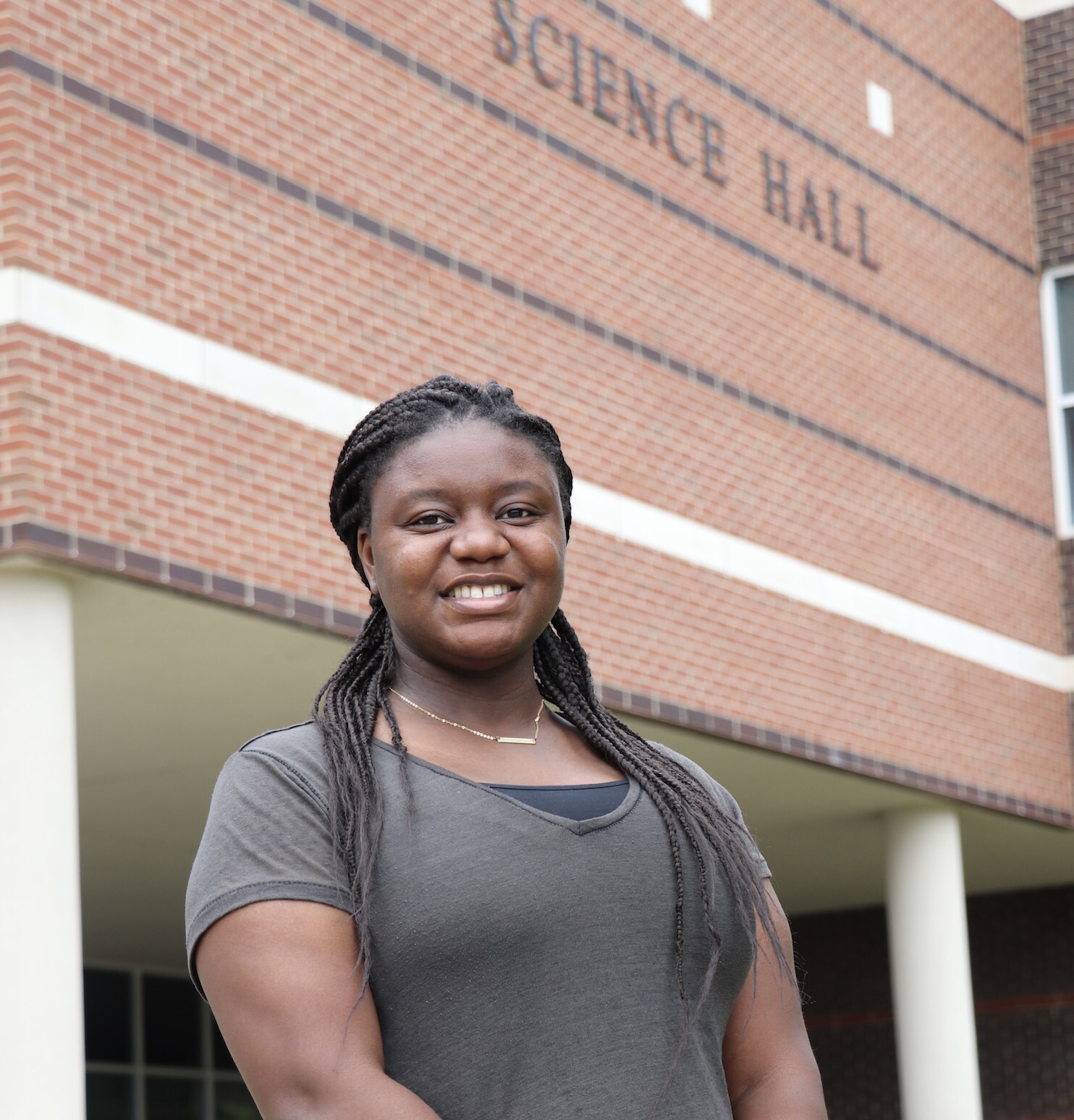
Tierra Moss
Education:
- B.A. in Experimental Psychology, Georgia State University
- B.S. in Science, Augusta University (in progress)
Research Interest:
- Marriage and family, specifically relationship discord and racial disparities
Favorite Thing to PLAY:
- My favorite thing to play is Uno and Phase 10.
Striving to Serve and Train
IPPH strives to improve health and has many programs to help researchers striving to do the same.